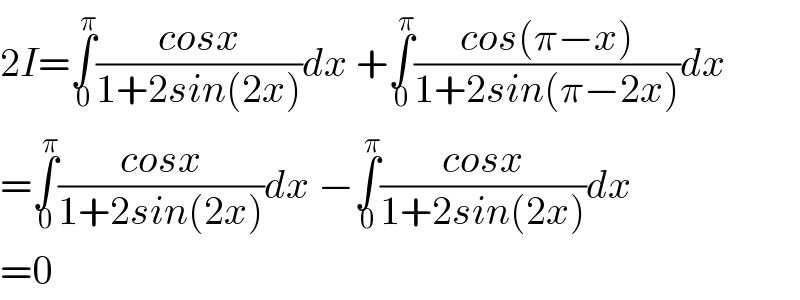
Question and Answers Forum
Question Number 34862 by a.i msup by abdo last updated on 12/May/18
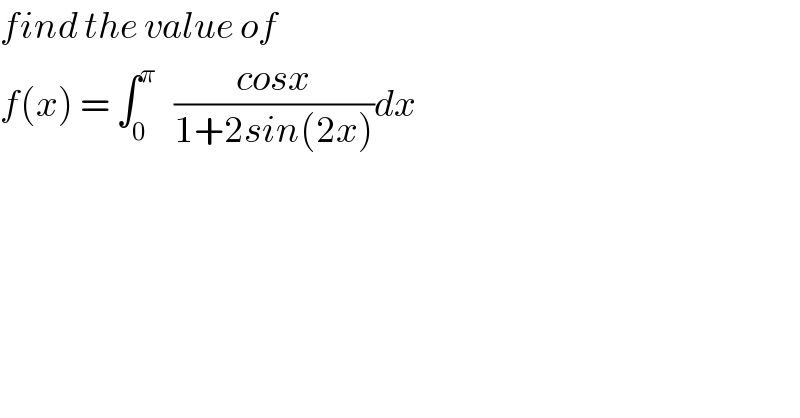
Commented by prof Abdo imad last updated on 14/May/18

Commented by prof Abdo imad last updated on 12/May/18
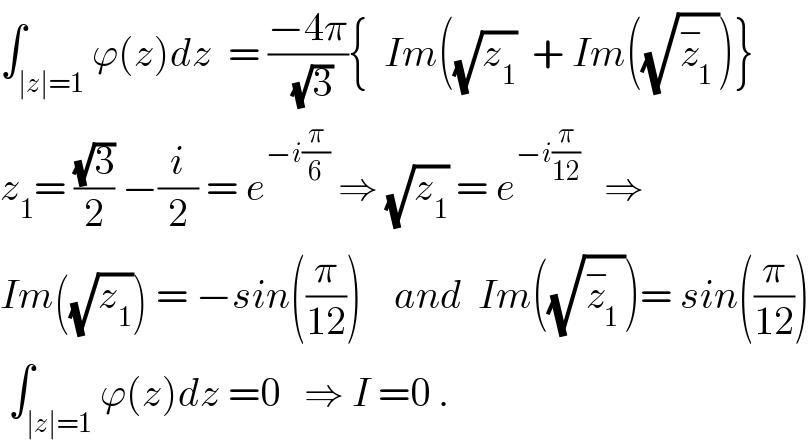
Commented by MJS last updated on 13/May/18
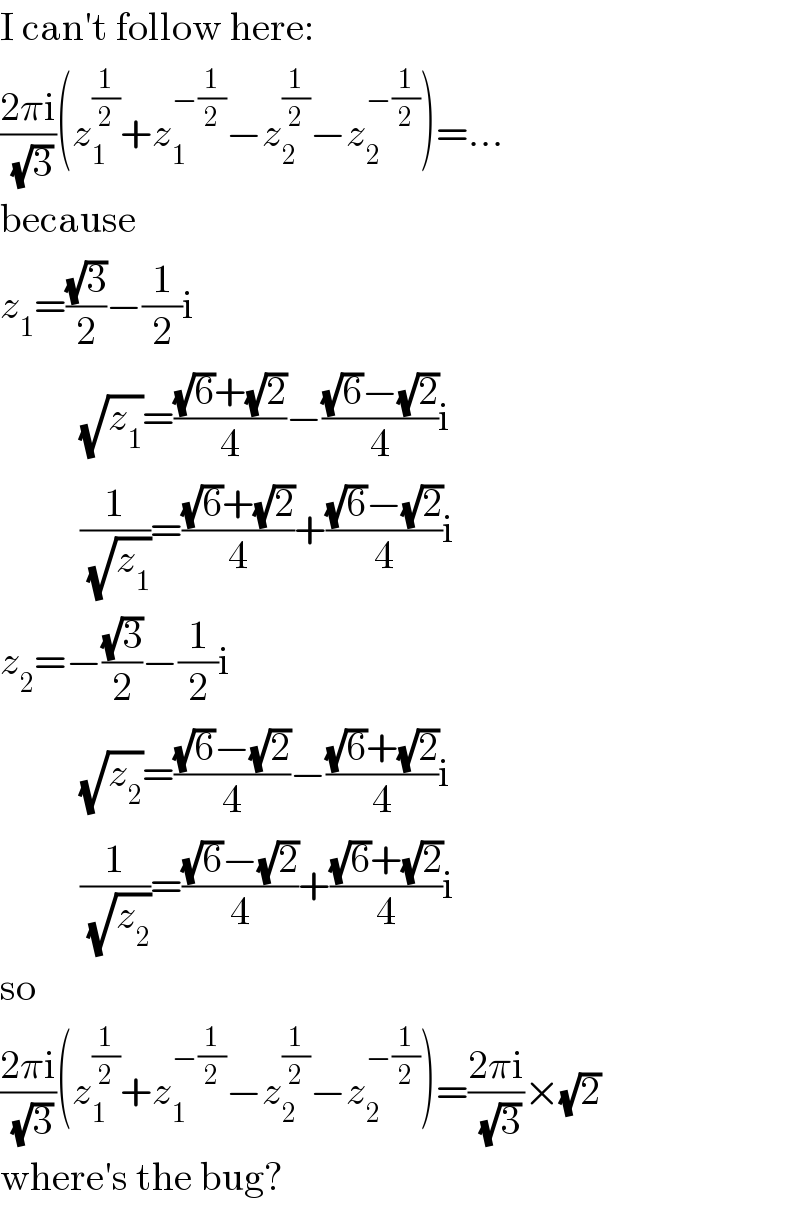
Commented by abdo mathsup 649 cc last updated on 13/May/18
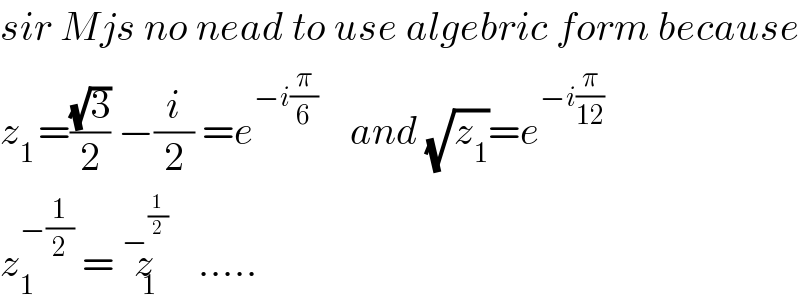
Commented by MJS last updated on 14/May/18
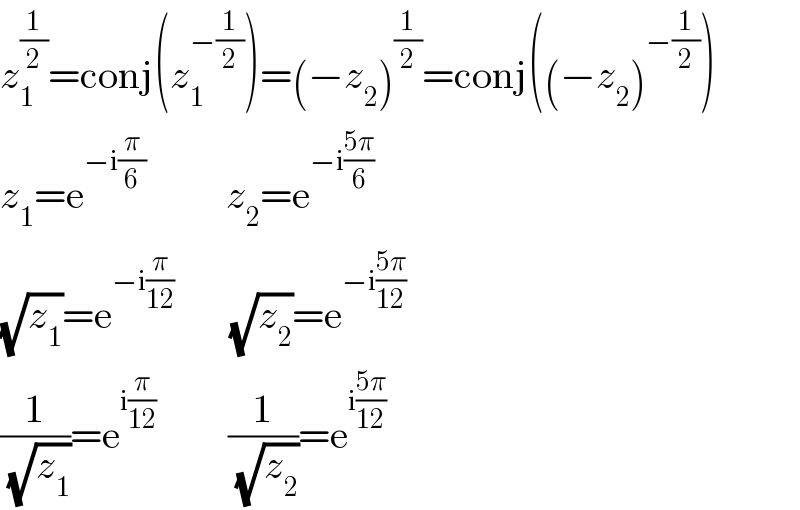
Commented by MJS last updated on 14/May/18
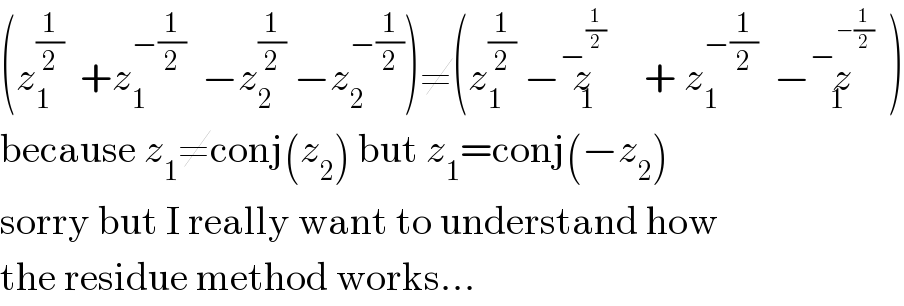
Commented by abdo mathsup 649 cc last updated on 14/May/18

Commented by MJS last updated on 14/May/18

Answered by tanmay.chaudhury50@gmail.com last updated on 12/May/18
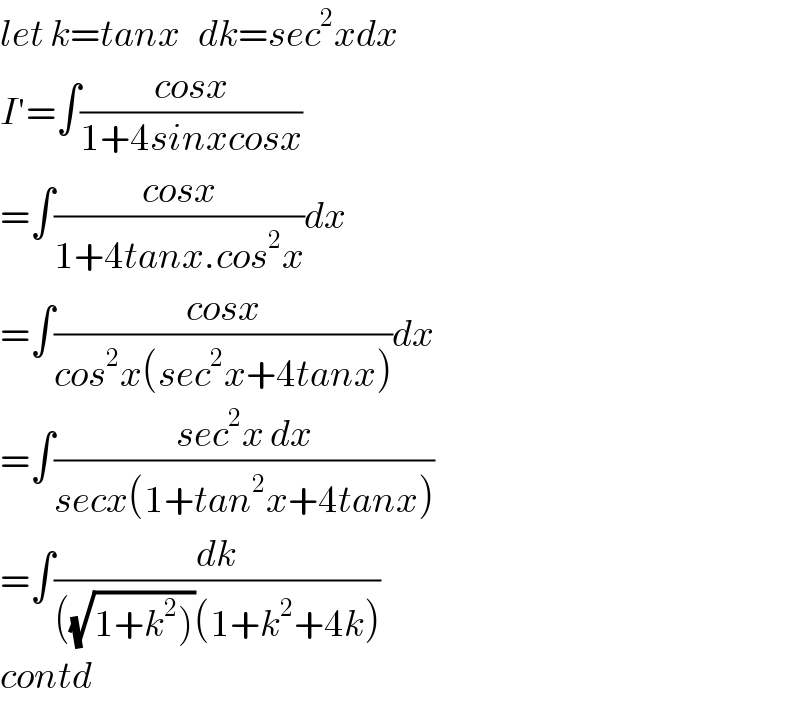
Answered by math1967 last updated on 12/May/18
